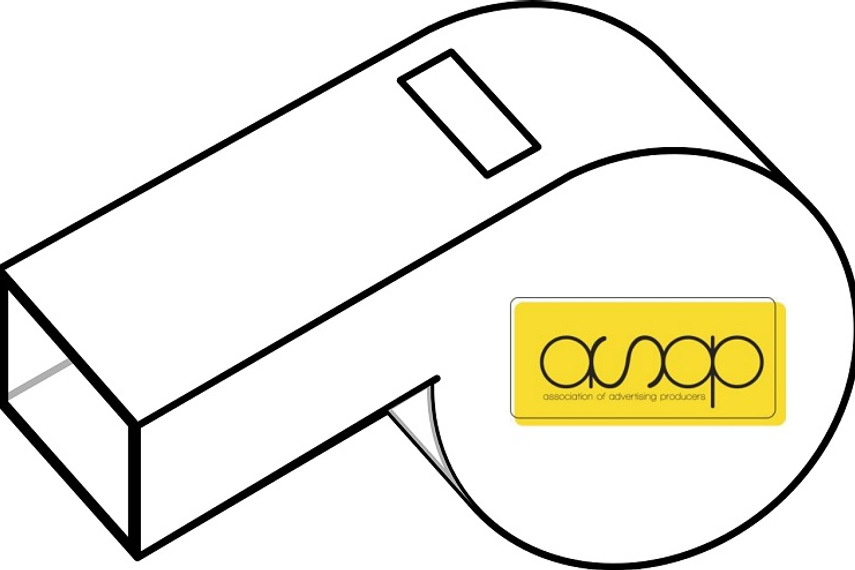
|
Letter by ASAP to CMOs This is probably the first time ASAP (Association of advertising Producers of India) is reaching out to you. A self-regulating body, ASAP has 82 independent production companies as members handling more than 90% of the work in the advertising industry.
It is with great concern we inform you of the emergence of certain Agency-Owned Production Houses (“AOPH”) and the damage they are causing to the advertising industry as a whole. It is a normal practice in the industry that Advertisers engage Advertising Agencies to creatively develop the concept and engage an efficient production house/production team to produce the advertising film and execute the project. The Advertisers invest their faith in the Advertising Agencies to hire a production house that would justice to the creative idea and the cost. A simple and efficient process that has worked well for all.
But the emergence of AOPH changes all that. An AOPH has access to every information, including the competitive bids from independent production companies. They have a clear and dangerous advantage. If reports from around the world are to be believed, AOPHs are breaking rules to solicit business.
It is important to highlight certain unethical & mal-practices, which are being implemented by some of the Network & Marketing Agencies so as to promote the Production House owned/controlled by them.
Most Advertisers require for every project to have at least three bids/quotes. Unfortunately, all quotes are submitted to the Agencies before the shortlisted ones are shared with the Advertiser.
This confidential information also gets passed on to the AOPH, which then has access to all these competitive quotes, directors’ treatment notes, location pictures, design elements and everything else that helps them manipulate their own bids and treatment notes to cheat advertisers and manipulate their preferences.
It is also not unheard off that some very high-ranking bosses in some Network agencies have
mandated creative directors from their teams to ensure increased billing via AOPH, thereby sacrificing any scope of them seeking fair deals for Avertisers and/or best talent in the industry.
Further, to keep reputed Independent Production Houses away from the bids, some Network Agencies are suspected of misinforming their clients about the director’s interest and availability to promote their Inhouse Production Companies.
There have been cases where some of the Network Production Companies have misguided
Independent Production Companies about the budget, which then portrays the Independent
Production Companies in bad light thereby diverting projects to some of their Network AOPH.
There are numerous cases of Network agencies insisting on doing co-productions, demanding a percentage of profits, kick-backs in the garb of agency commission.
The list of malpractice is long and quite murky. This has been a worldwide issue for quite some time now. One of the world’s leading Advertising Networks have been closely watched and, in certain instances, suspected of unethical practices.
As you may be aware, a scandal, which erupted in December 2016, on the possible existence of misconduct in quote-price fixing for the production and post-production of commercials in the USA, caught the attention of the Department of Justice. Similar cases have been uncovered in the UK, France, South Africa and quite a few other countries where in-house production is becoming a menace for the advertising and marketing industry.
The Independent Commercial Production Houses in India have played a huge role for close to 50 years in shaping the advertising and marketing industry by infusing immense craftsmen/women and creative talent thereby playing a key role in creating some of the finest brands in India.
As an industry body we believe in fair trade and vehemently oppose unethical practices. We hereby urge the advertisers to look deeper into these issues and support and adopt transparent process thereby benefitting immensely from the same.
We further propose Advertisers ask their network Agencies to invite tenders on an arm’s length basis without any unfair trade discrimination, and are not permitted to submit or invite bids from their AOPH. Incase such bids are unavoidable by advertisers we suggest implementing a closed tender process to offer a level playing field which will be in the larger interest of the Advertising Industry.
AOPH practices work against the Advertisers’ interests, as they stand to gain more from an open, transparent competitive system.
We strongly believe that an AOPH is incapable of operating fairly.
And that’s why as a responsible industry body, ASAP calls upon all Advertisers to strongly insist on the practice whereby Agencies undertake not to propose, either directly or indirectly, their In-House Production (AOPH) when the Advertiser initiates a call for tender.
ASAP members legitimately deem such procedures, to be unethically and unfairly beneficial only to AOPH and hence tendering for them would be against the interests of the industry.
Warmest Regards,
ASAP Executive Committee
|


.jpg&h=334&w=500&q=100&v=20250320&c=1)
.jpg&h=334&w=500&q=100&v=20250320&c=1)
.jpg&h=334&w=500&q=100&v=20250320&c=1)



.png&h=334&w=500&q=100&v=20250320&c=1)

.png&h=334&w=500&q=100&v=20250320&c=1)



.jpg&h=268&w=401&q=100&v=20250320&c=1)
.jpg&h=268&w=401&q=100&v=20250320&c=1)



